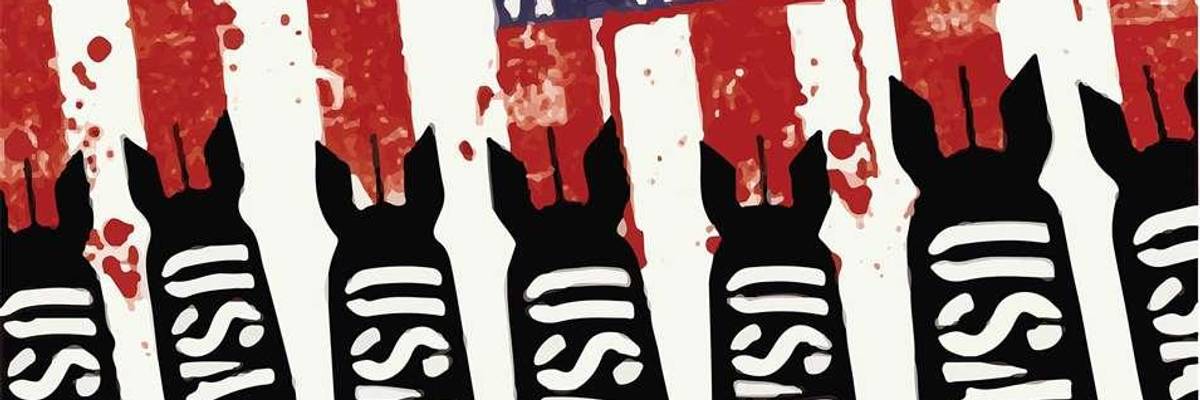Why Your Support Matters Now
America is barreling towards authoritarianism at such a breakneck pace that it should alarm every single one of us. But instead of meeting this moment with courage and integrity, the corporate media has utterly capitulated, stuffing money in Trump's pockets, spiking stories that might offend the regime, and firing journalists who refuse to go along and get along. That is not journalism. That’s complicity.
Our model of reader-funded journalism has survived for one reason only: people like you. Please help us with a gift of $8, $13, $27, $75, or whatever amount you can afford, which will help keep Common Dreams strong now and into the future.




